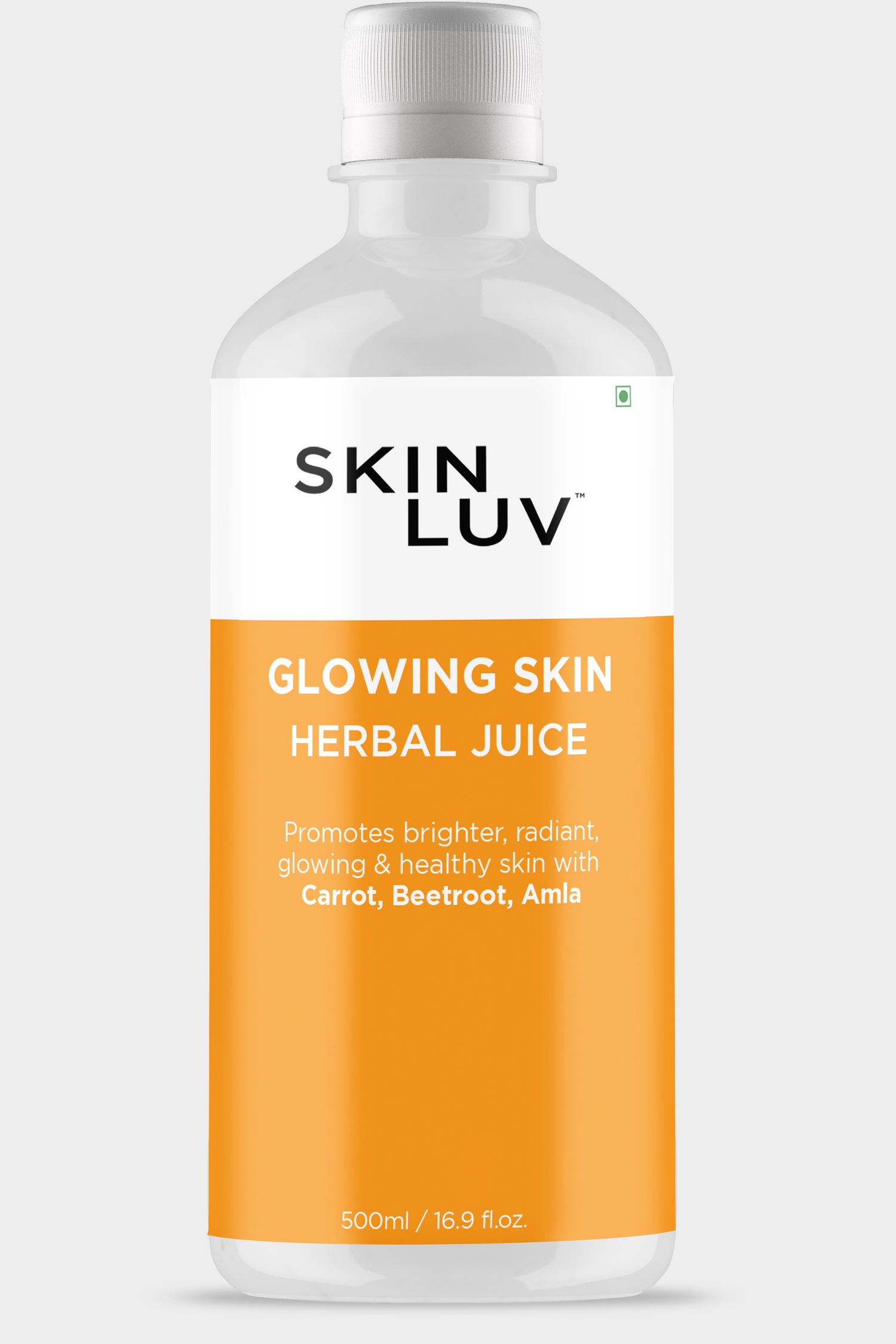
Detailed Guide On Carrier Oils
Snehal PhadtareCarrier oils, also known as base oils, are used to dilute essential oils and carry them to your skin. These oils are derived from the fatty portion of plants, usually from the seeds, kernels, or nuts. They have various therapeutic properties and are rich in vitamins, minerals, and essential fatty acids. This comprehensive guide will help you understand the benefits, uses, and types of carrier oils, and how to choose the right one for your skin and hair needs.
What Are Carrier Oils?
Carrier oils are vegetable oils derived from the fatty parts of a plant. Unlike essential oils, carrier oils do not evaporate or have a strong aroma. They are used to dilute essential oils and other potent ingredients before applying them to the skin. This process helps in preventing skin irritation and ensures that the essential oils are safely absorbed into the skin.
Benefits of Carrier Oils
Carrier oils offer numerous benefits for the skin and hair, including:
- Moisturizing: They help to hydrate and soften the skin.
- Nourishing: Rich in vitamins, minerals, and essential fatty acids, carrier oils nourish the skin and promote healthy hair growth.
- Soothing: Many carrier oils have anti-inflammatory properties that can soothe irritated or inflamed skin.
- Healing: Some carrier oils aid in the healing of wounds and reduce the appearance of scars.
Popular Types of Carrier Oils
Here are some of the most popular carrier oils, their benefits, and how they can be used:
1. Sweet Almond Oil
- Benefits: Rich in vitamins A, B, and E, sweet almond oil is excellent for moisturizing and nourishing the skin. It is also known for its soothing and anti-inflammatory properties.
- Uses: Ideal for all skin types, especially dry and sensitive skin. It can be used in massage oils, facial oils, and hair treatments.
2. Jojoba Oil
- Benefits: Jojoba oil closely resembles the natural sebum of the skin, making it an excellent moisturizer. It helps balance oil production and is non-comedogenic, meaning it won’t clog pores.
- Uses: Suitable for all skin types, particularly oily and acne-prone skin. It can be used as a facial moisturizer, makeup remover, and hair conditioner.
3. Coconut Oil
- Benefits: Coconut oil is highly moisturizing and has antibacterial and antifungal properties. It is rich in lauric acid, which helps to repair the skin barrier.
- Uses: Ideal for dry skin and hair. It can be used as a body moisturizer, hair mask, and in DIY skincare recipes.
4. Argan Oil
- Benefits: Known as "liquid gold," argan oil is rich in antioxidants, vitamin E, and essential fatty acids. It helps to moisturize, nourish, and protect the skin.
- Uses: Suitable for all skin types, especially dry and aging skin. It can be used as a facial serum, hair oil, and in anti-aging treatments.
5. Rosehip Oil
- Benefits: Rosehip oil is rich in vitamins A and C, which help to brighten the skin and reduce the appearance of scars and fine lines. It also contains essential fatty acids that promote skin regeneration.
- Uses: Ideal for mature and damaged skin. It can be used in facial serums, scar treatments, and anti-aging products.
6. Grapeseed Oil
- Benefits: Grapeseed oil is lightweight and rich in antioxidants, including vitamin E. It has astringent properties that help to tighten and tone the skin.
- Uses: Suitable for oily and acne-prone skin. It can be used as a facial moisturizer, massage oil, and in hair care products.
How to Choose the Right Carrier Oil
When selecting a carrier oil, consider the following factors:
- Skin Type: Choose an oil that is suitable for your skin type (e.g., jojoba oil for oily skin, sweet almond oil for dry skin).
- Purpose: Consider the intended use of the oil (e.g., moisturizing, anti-aging, healing).
- Quality: Look for cold-pressed, unrefined oils, as they retain more nutrients and beneficial properties.
- Allergies: Check for any potential allergies, especially if you have sensitive skin.
How to Use Carrier Oils
Carrier oils can be used in various ways, including:
- Diluting Essential Oils: Mix a few drops of essential oil with a carrier oil before applying it to your skin.
- Facial Oils: Apply a few drops of carrier oil to your face for moisturizing and nourishing benefits.
- Hair Treatments: Massage carrier oil into your scalp and hair to promote healthy hair growth and reduce dryness.
- Body Oils: Use carrier oils as a body moisturizer to hydrate and soften your skin.
- Massage Oils: Combine carrier oils with essential oils for a relaxing and therapeutic massage.
Conclusion
Carrier oils are a versatile and essential component of natural skincare and haircare routines. By understanding the benefits and uses of different carrier oils, you can choose the right one to meet your specific needs. Whether you’re looking to moisturize, nourish, or heal your skin and hair, there’s a carrier oil that can help you achieve your beauty goals.


